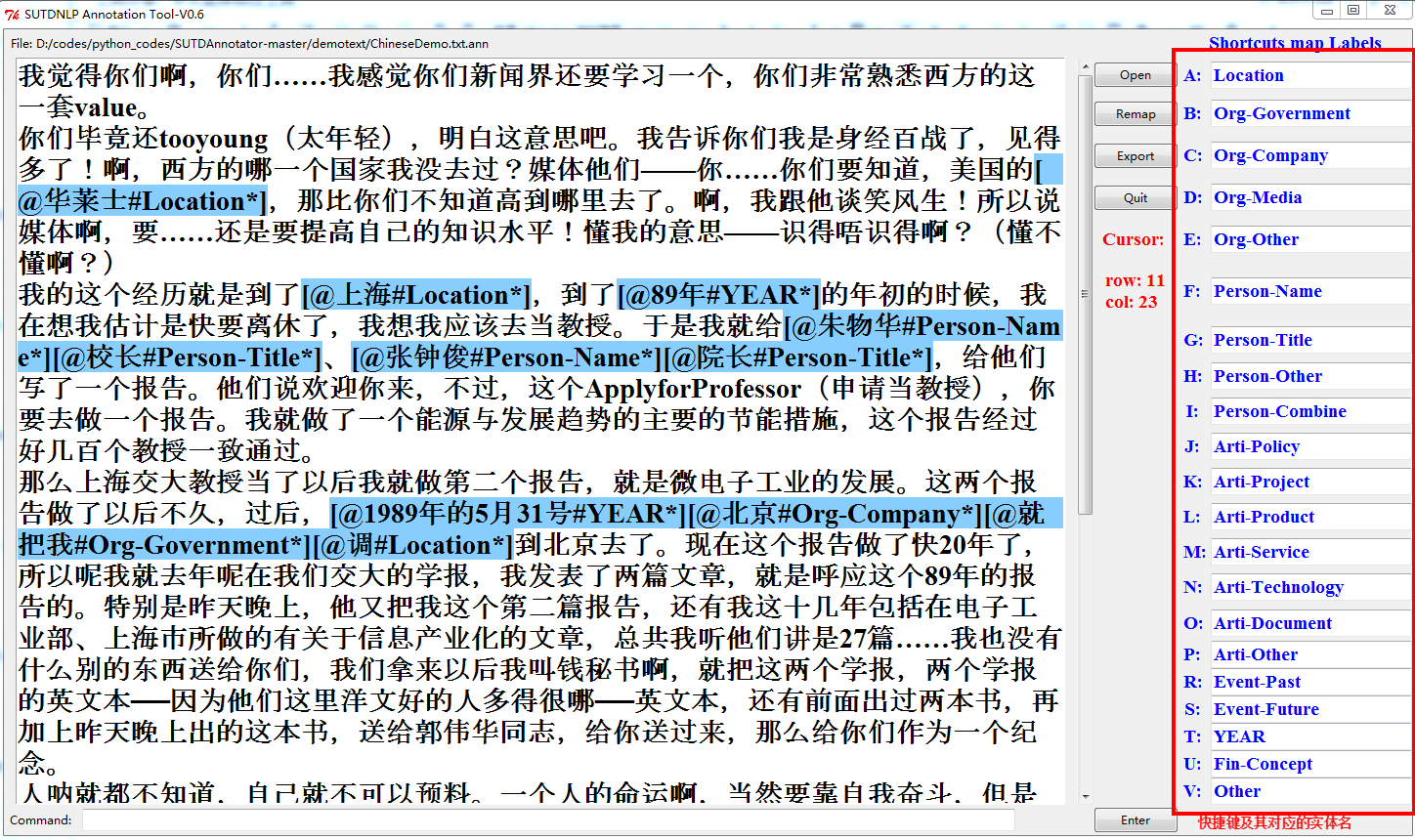R: Working with named objects in a loop
R: Working with named objects in a loop
Leave a reply
Often I want to load, manipulate, and re-save a bunch of separate objects (e.g. a dozen or so SBE microCATs all strung out along a mooring line). To do this, I make use of the get(), assign(), and eval() functions in R. To start, I often define a vector of variable names, like:
varNames <- c(mc100, mc200, mc300, mc500, mc750, mc900, mc1000, mc1500)
where the numbers in the name signify the nominal depth and the names themselves are the object names saved during a previous processing step. Then, I can loop through the instruments by doing:
library(oce)for (i in seq_along(varNames)) {load(paste(varNames[i], '.rda', sep='')d <- get(varNames[i]) # copy the object to an object named `d`eval(parse(text=paste('rm(', varNames[i], ')'))) # remove the original object from memory## do some processing here, such as:## * filtering## * despiking, etc ...d[['temperature']] <- despike(d[['temperature']])assign(varName[i], d)}
Note that I assign the named object to an object called d (my default variable name for “data”), remove the original object (only really necessary when the objects are large, such as with ADCP data, for example), perform a series of processing steps, and then assign d back to a named object (and probably save the new version).
Note that another way of doing the loop is to loop directly through the character vector, which would look like:
for (name in varNames) {load(paste(name, '.rda', sep='')d <- get(name)eval(parse(text=paste('rm(', name, ')')))d[['temperature']] <- despike(d[['temperature']])assign(name, d)}
I like the elegance of looping through names, though I often default to the “index” loop for technical reasons (such as filling a matrix with the temperature time series from each microCAT).



































还没有评论,来说两句吧...